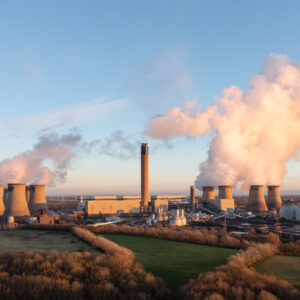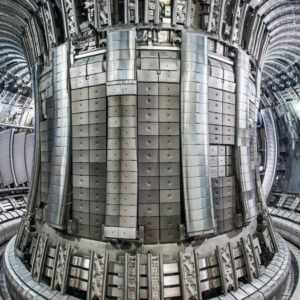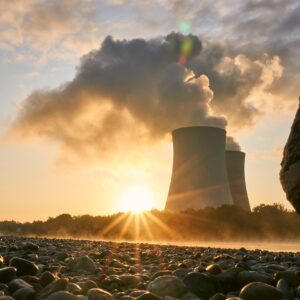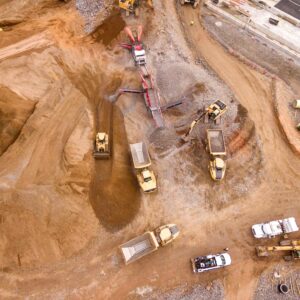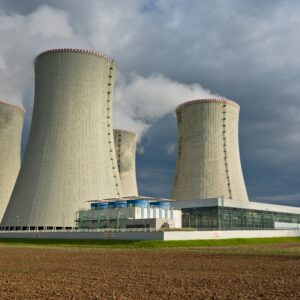We all know Texas is the energy capital of America, and we know that our ability to lead the country in so many types of energy production — oil, natural gas, wind, solar, battery storage and soon geothermal — is often in spite of federal regulations that are designed to delay and obstruct. Thankfully, the incoming Trump...
DOE Partners with UK’s DESNZ and Tokamak Energy Ltd. to Accelerate Fusion Energy Development through a $52M Upgrade to the Privately Owned ST40 Facility
The U.S. Department of Energy (DOE), the U.K.’s Department of Energy Security and Net Zero (DESNZ), and the private fusion company Tokamak Energy Ltd. (TE) today announced a plan to jointly sponsor a $52 million upgrade to the ST40 experimental fusion facility to advance fusion science and technology needed to deliver a future fusion pilot plant. Fusion...
More nuclear energy could be coming to New York
As New York scrambles to transition away from burning fossil fuels, nuclear energy is in the spotlight. Last month, officials with the state energy authority, NYSERDA, announced the agency had begun gauging interest from companies who may want to develop nuclear power plants in New York. Weeks earlier, Governor Kathy Hochul noted that new nuclear...
USDA must do more to regulate genetically modified crops, judge rules
The court’s ruling reverses an effort by the Trump administration to overhaul regulation of biotechnology products with the goal of streamlining the review process to accelerate innovation in agriculture. The changes meant that genetically modified crops would be subject to regulation if they’re deemed to be “noxious weeds,” which is determined based on traits from...
Doka Aligns with Science Based Targets to Decarbonize Construction
Doka, a global leader in formwork and scaffolding, is the first in its industry to commit to the Science Based Targets initiative (SBTi). This commitment aligns the company with the Paris Agreement’s 1.5°C target and underscores its determination to reduce greenhouse gas emissions through science-based methods. The construction industry is responsible for approximately 37% of global greenhouse gas...
U.S. Department of Energy invests $17M to shore up Americas energy security with robust supply chain for critical materials
The U.S. Department of Energy (DOE) today announced an investment of $17 million across 14 projects that will accelerate critical materials innovation while promoting safe, sustainable, economic, and efficient solutions to meet current and future supply chain needs. The projects, which span 11 states, are strengthening and streamlining manufacturing for high-impact components and technologies such...
EPA will grant California the right to ban sales of new gas cars by 2035
The Environmental Protection Agency plans to grant California permission to set stronger climate rules for cars and SUVs — a move that President-elect Donald Trump could attempt to reverse — according to two people briefed on the matter. The EPA intends to issue California a waiver as soon as next week to enforce its rule aimed at banning...
We Don’t Need This Much Permitting
America’s process for permitting infrastructure is a convoluted mess of federal, state, and local procedures, regulations, bureaucracies, lawsuits, judges, activists, and landowners. “Getting approval from all of them, getting every single box checked, is the biggest hang-up to getting projects up and running,” says Cary Davis of the American Association of Port Authorities in a video making...
A nuclear fuel company promising $4.5B project and 1,000 jobs is wooing an Eastern WA city
The city of Richland is considering selling 425 acres of former Hanford nuclear site land for a $4.5 billion project related to advanced nuclear fuel. The company interested in the project, which is projected to employ 1,000 workers, has not been made public. It is identified in city documents only under the code name of...
Congress to Extend 2018 Farm Bill and Allocate $10 Billion in Aid
With lawmakers unable to pass a new farm bill this Congress, $10 billion in economic assistance was included for farmers facing hardships from low crop yields, declining commodity prices, and natural disasters, which resulted in $21.94 billion of crop losses in 2023 alone.
